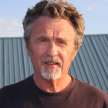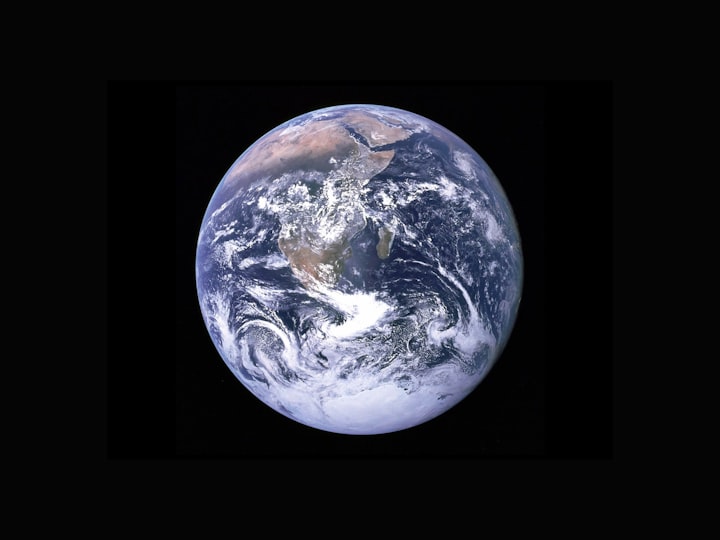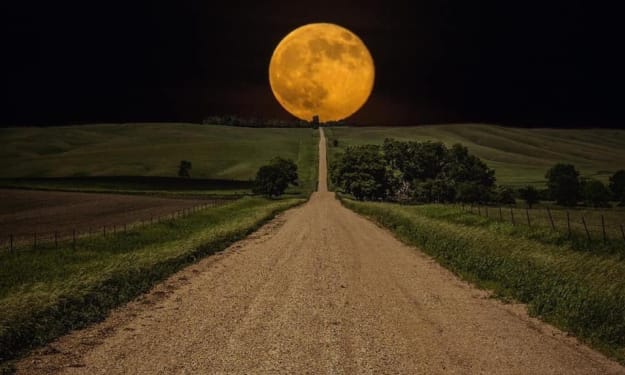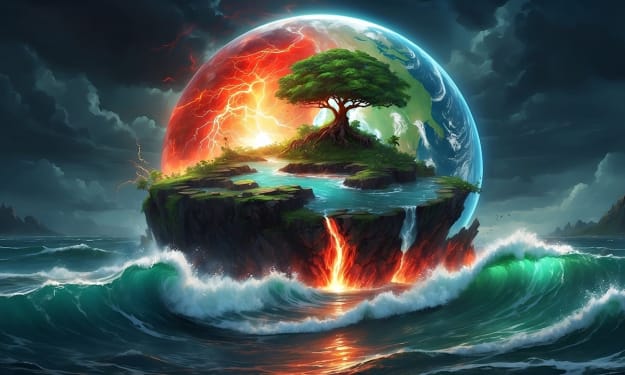Why Study Biology?
My opening speech to the students in my classes when I taught Grade 12 Biology.
This brief public service announcement will probably not be so brief. You need to close your books, get comfortable in those ultra comfortable chairs of yours, sit back and listen to what I have to say.
The reason you study Biology in school is not about getting high marks, or honor roll mention or scholarships. It is not to gain entrance into post-secondary programs. It is because some guy or group of individuals somewhere back along the line figured that we, as living beings on a living planet, should know something about how we got here and how we operate within an ecosystem/biosphere and function as individuals. We are not paying attention though. We study Biology but we have made little attempt to apply what we have learned to solve problems involving the planet or to act responsibly regarding consumption, repopulation, disease and it’s spread and basic ecology of living systems.
In Grade 12 Biology you will learn about the cell, its structures and functions and the processes that occur within a cell in order to allow it to exist as a unique entity or as a vital part of an intricate whole. You will learn of the chemicals that are necessary for the cell to function and of the combinations of chemicals that provide the machinery and raw materials for that functionality to take place.
You will also learn about several of the organ/process systems at work in the human body including the digestive, respiratory, circulatory, excretory, nervous and reproductive systems. You will come to understand the importance of physical structures involved in the systems and of the presence of chemicals taken into the body through ingestion or inspiration. If these chemicals are not present or if the internal/external environment is not as it should be, the processes within the systems do not take place and energy can no longer be utilized in the individual, and the individual perishes.
The processes that will be described in this course take place in each of your bodies and in the bodies of the other 7.9 billion people on the planet (well, sort of, I will explain). If the global temperature falls within a tolerable range such that the processes can occur and if the limits of toxic chemicals in the external and internal environments has not been surpassed and if all the nutrients required for the processes to take place are supplied when needed, then the processes do occur and the individual functions pretty much as it should.
As mentioned, there are 7.9 billion people on the planet. Ten million of them (1/790, or 0.1%) are really, really, really rich – so rich, in fact, that they consume privately and directly or indirectly through their business footprint, 95% of the available planetary resources. This means, of course, that the other 99.9% of the human population and the entire non-human biota has to survive on the remaining 5% of the available resources – potable water and clean air being the most significant of those resources. Now, neither you nor I belong to the group of the really, really, really rich but neither are we wanting – so that means that there are people out there on the face of this planet who are really, really, really, really poor – and you know how many? About 821 million. Almost one billion people on this planet are super poor – so poor in fact that they don’t have the chemicals and compounds (which we take in via diet) in their bodies to allow them to operate the organ systems that we will study this year in Biology 12. Nearly one billion people on the planet go to bed hungry every single night of their lives. These people are so poor that they have no clue as to what money is. They have never seen money and they likely will never see money in their shortened-by-malnutrition lifetimes. They are so poor they don’t even have a word for money in their vocabulary and have never imagined or had a thought of money. They are so poor that the only calcium they have available for muscle and nerve function already exists in the bones of their body and is the calcium that was deposited there when they were nursing as a child. If they want to move or respond to their environment, they have to borrow calcium from their own bones to meet the requirements of their nervous and muscular systems. Since they are really, really, really, really poor and since they have no resources to grow food or buy food, they have no way of paying back the borrowed calcium and their bones deteriorate to the point where they break if they move and they die in pain and in the indignity of being unable to move away from their own feces and urine and shedding skin. But before they die, they get to experience the utter inconsolable sadness that comes from watching their own children die of malnutrition – and the children do die first because they are smaller and have a smaller volume of nutrients to borrow from to begin with. Calcium is just one of the nutrients required in a diet to ensure a healthy existence. Sodium, potassium, iron, vitamins A-Z, fuel in the form of carbohydrates, fats and proteins for growth and maintenance, and water for internal transport, temperature regulation and facilitation of chemical reactions in the body are all essential at minimum levels in order for life of cells and individuals to occur. One billion people like you and I will never know what it means to live a normal healthy life because they are so poor, they have no food or water. The processes that we study in Grade 12 Biology this year occur only within 7/8 of the world’s human population. The other 1/8 do not, and will not, have the opportunity to experience the processes that we study because they cannot find food on a consistent basis or because their bodies are ravaged by nutritional/environmental diseases or because they have experienced the emotional shutdown that comes as a result of watching their children expire right before your eyes, with no way of helping them or doing anything about it.
So, as we study the material that we will examine this semester, I want you to think about the one billion people on the planet (the entire world population in 1804) who will never experience the God-given processes that we study, and as a result will die before they reach your age or before they see their children reach your age. It is essential that we understand these processes and systems within the human organism so that when we protest the atrocities that occur on this planet as a result of rich-poor disparity we will speak with the knowledge necessary to make every one listen. And that, my dear students, is why we study Biology.
Here, before you, is a twenty dollar bill. Sometime before the end of this week I will spend this $20. I need to ask myself a few questions before I spend it though:
1. Will my money serve to improve the planet or make it worse?
2. Will anyone be killed or die because of what I spend this money on?
3. Is the product or service that I purchase necessary for my survival or work?
4. If it isn’t, do I really need to spend the money?
5. If I don’t need to spend the money, do I really need to earn the money?
What I say to you this semester only touches the surface of the surface of the surface of what you will need to know about this subject in order to accomplish what you will have to in your lifetime with regard to saving the planet and its inhabitants (including us). This is only the start. You will have to read and engage in all sorts of biological experiences to even begin to fully understand our living planet - GAIA - and then eventually act so that she allows us to remain a part of her systems. I have been given the immensely important task of introducing you to this topic. The rest is in your hands. And, once you have studied Biology you will begin to live your life by these 10 very powerful 2-letter words:
IF IT IS TO BE - IT IS UP TO ME
About the Creator
John Oliver Smith
Baby, son, brother, child, student, collector, farmer, photographer, player, uncle, coach, husband, student, writer, teacher, father, science guy, fan, coach, grandfather, comedian, traveler, chef, story-teller, driver, regular guy!!







Comments
There are no comments for this story
Be the first to respond and start the conversation.